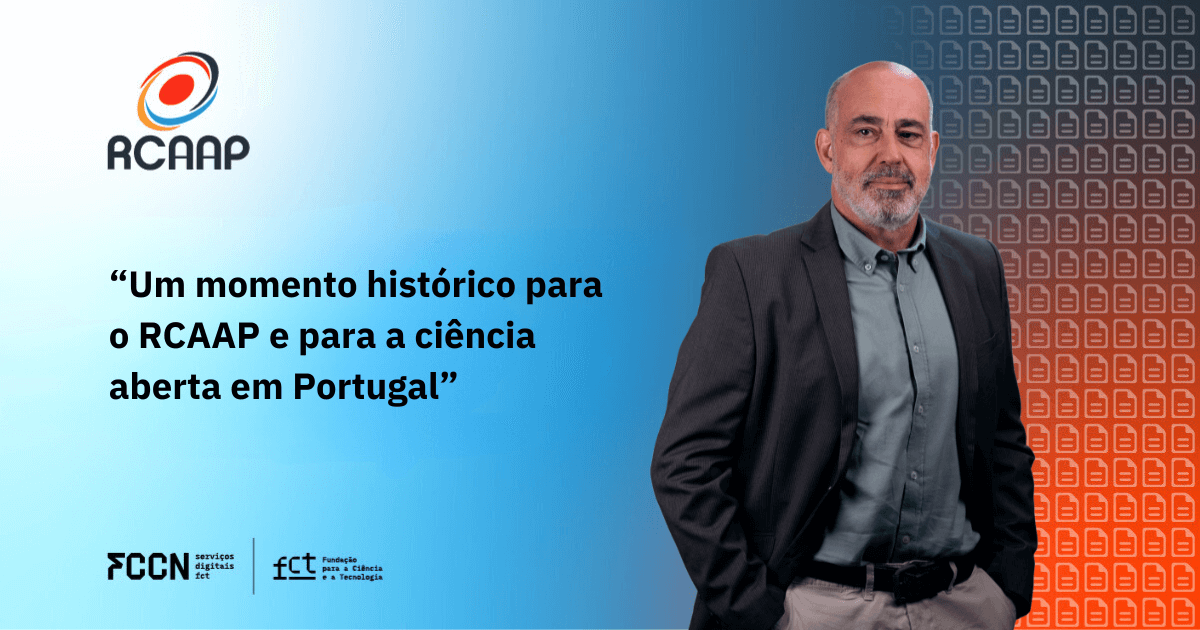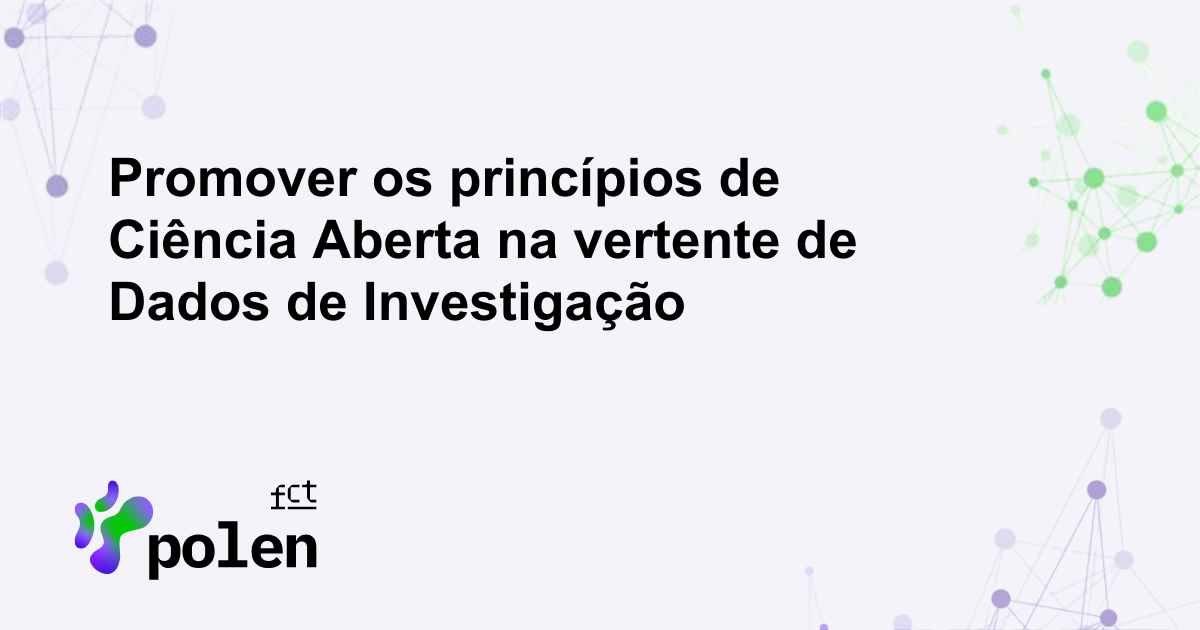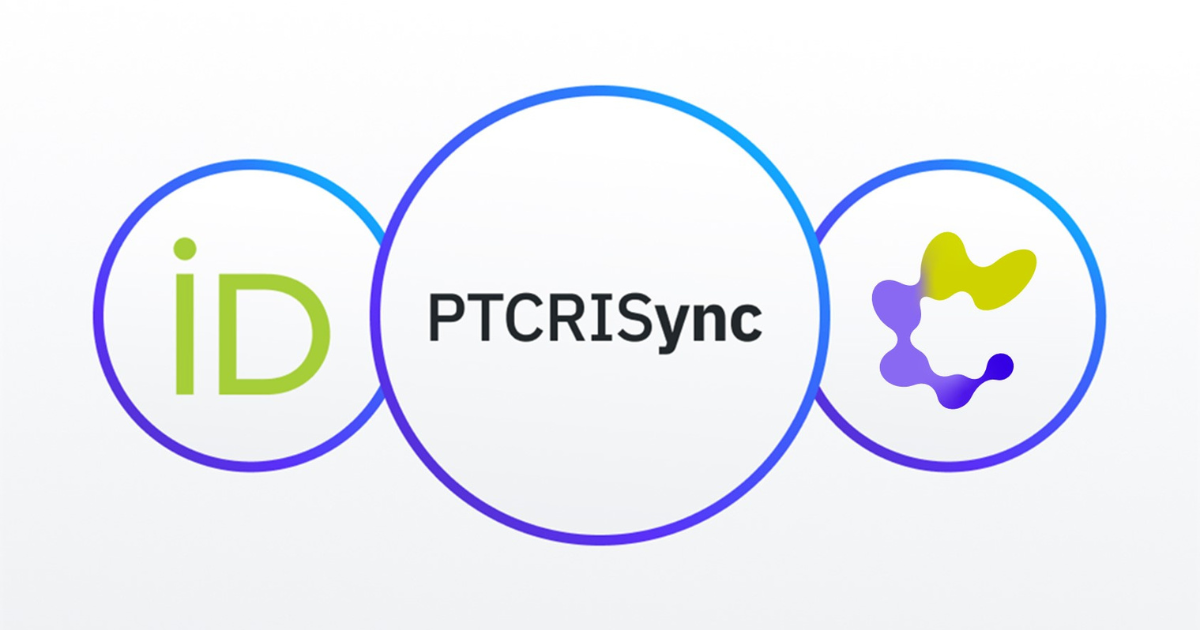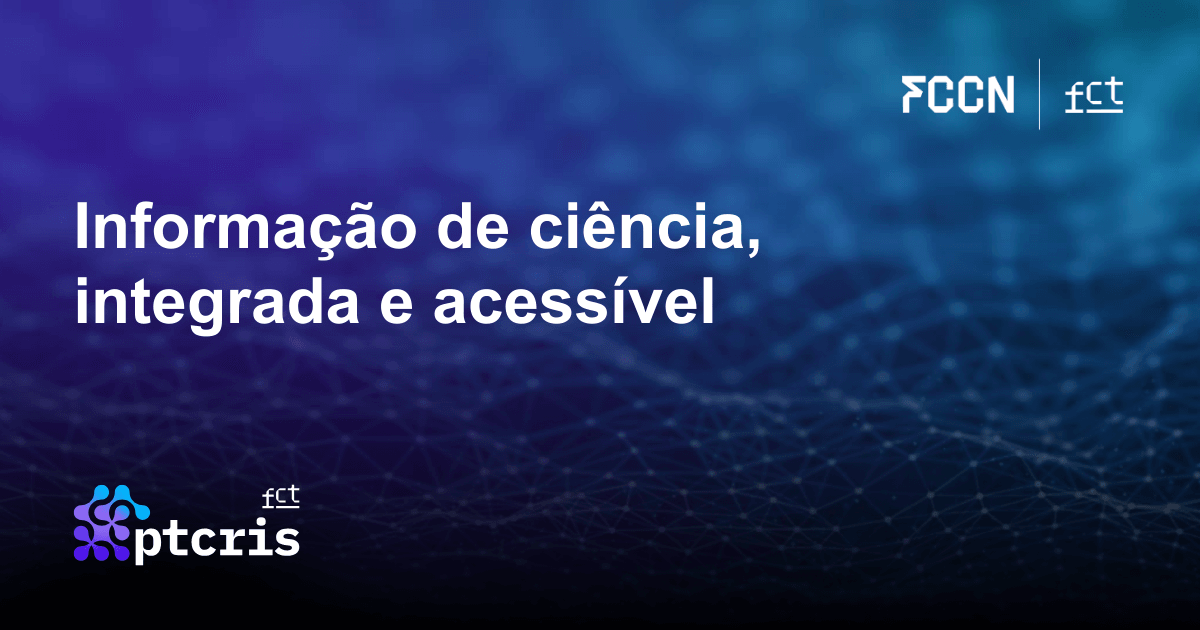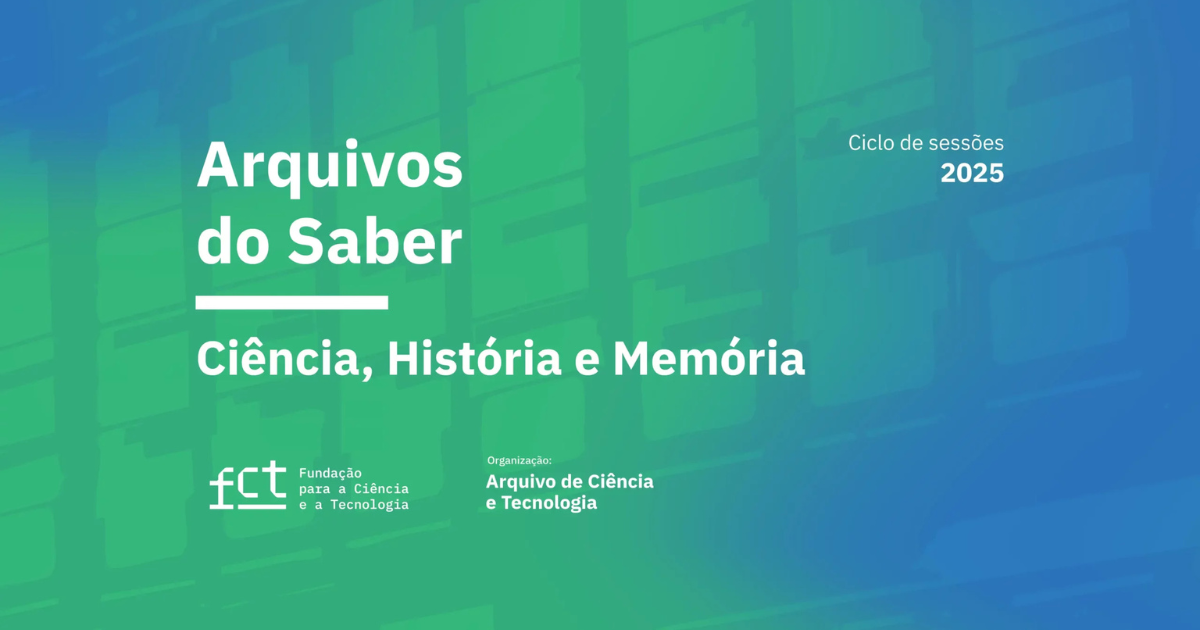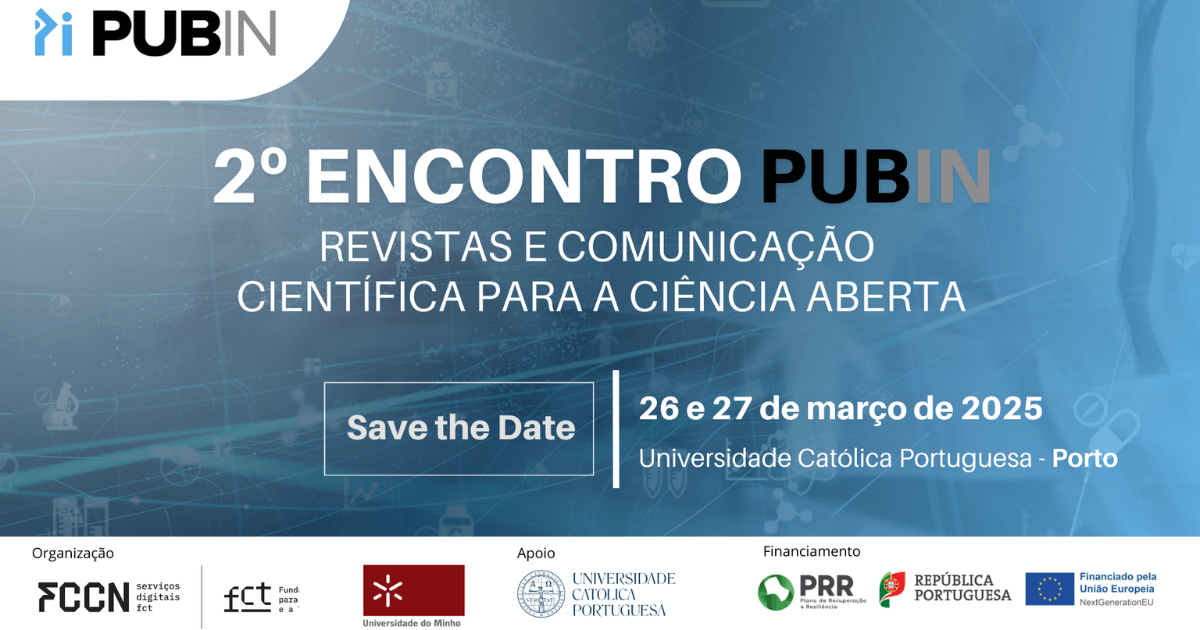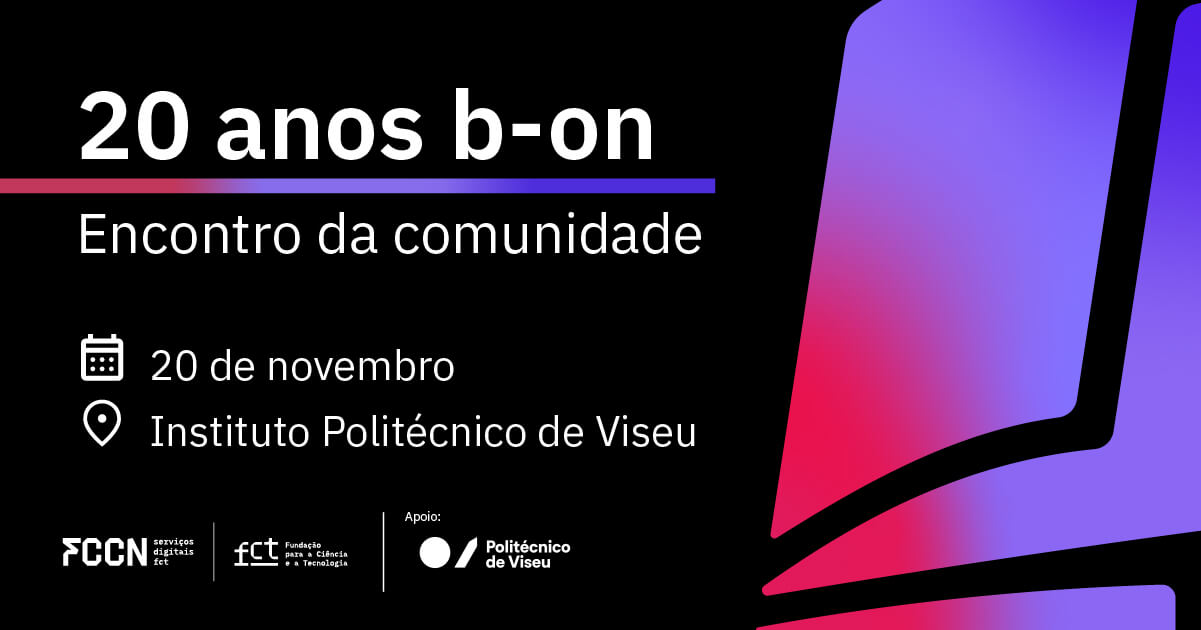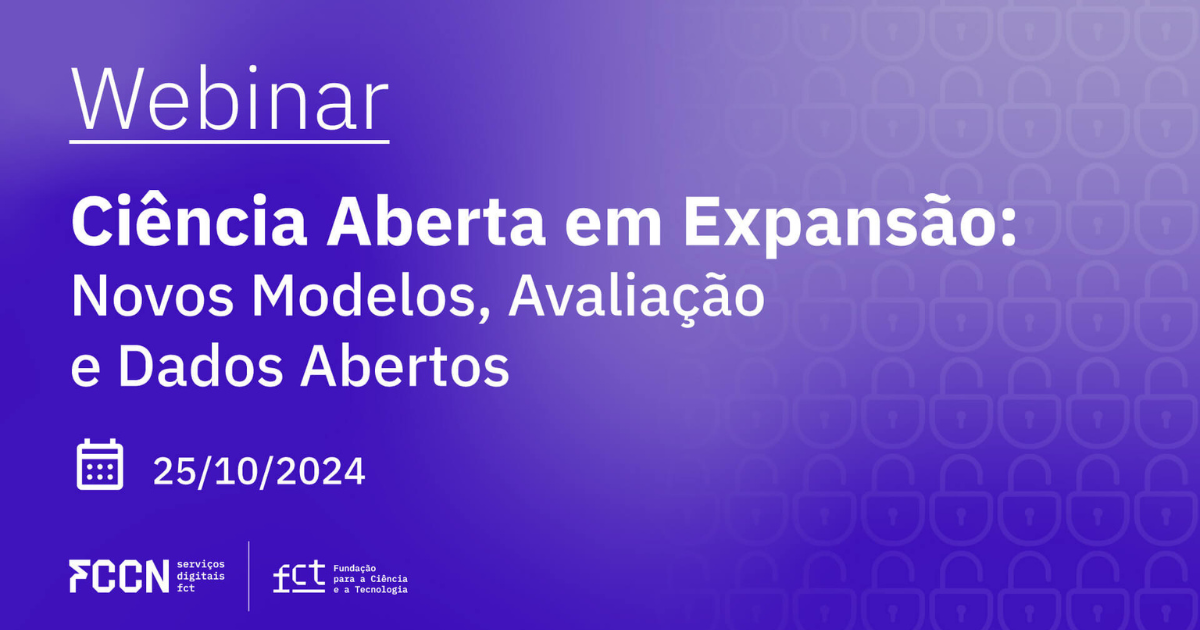he European Commission recently launched a public consultation in the area of micro-credentials - digital certifications acquired in short courses or modules. Learn more about this concept and the opportunity it represents for you and for services such as the NAU Platform.
At the end of 2020, the European Commission (EC) launched a page exclusively dedicated to the "European approach for micro-credentials". On the site it is possible to find information about this new solution that, guarantees the EC, "will help to create learning opportunities" and to strengthen "the role of Higher Education and vocational training".
But what are micro-credentials anyway?
According to the European Commission, these are qualifications that certify learning outcomes resulting from short courses or modules and can therefore be acquired by citizens in various learning modes: face-to-face, online or blended.
Regardless of how they are delivered, the European Commission sees micro-credits as a learning opportunity within European education and training systems. Given their characteristics, these new forms of accreditation are a "highly flexible and inclusive" way of learning, emphasises the EC, by allowing the acquisition of skills appropriate to different profiles and needs.
In this way, these short-term qualifications will be useful, for example, for those who want to complement their knowledge or for those who want to retrain, looking for a new position in the labour market. The philosophy behind this practice is that of lifelong learning, in which citizens will be able, through these qualifications, to find new opportunities for growth.
The role of the NAU
Taking into account that these credentials will be guaranteed through the development of short courses (namely online or blended learning), services such as NAU - the Online Training and Education Platform for Large Audiences - have the ideal characteristics for the materialisation of this concept, through the development of courses suited to the objectives and needs of entities and communities.
"We want to welcome entities that want to develop these courses in NAU", explains NAU's manager, Pedro Cabral. According to the manager, the trainings that will be developed in the platform will have a direct and significant impact in labour terms, either through requalification, improved performance in the professional activity or even career progression.
In total, reveals Pedro Cabral, taking into account the NAU universe, around 65 thousand people may find these growth opportunities through the platform. An impact that he sees as part of its mission and objectives, which promotes open and massive online courses, he concludes:
"NAU wants to impact society on different fronts, notably on empowerment and employability."
But this impact is not only centred on people, but also on the increase of the relationship between Higher Education and Companies, as well as in reaching new target-publics that are usually more distant from higher education. It is not by chance that, more recently, a decree-law (nº27/2021) was issued to frame this issue and that is closely linked to the Recovery and Resilience Plan.
In public consultation
During April, the European Commission launched a 12-month public consultation with the aim of defining "a European approach to micro-credentials" in relation to lifelong learning and employability. This way, until 13 July, it is possible to contribute ideas to the development of this conceptin areas such as quality mechanisms and transparency.
On the website of the European Commission, it is already possible to find some work done on this subject, namely a report of a group of experts in the field of higher education and a study of a network of EC experts working on the social dimension of education and training.
Where to find more information about NAU?
We also suggest you read the interview with the manager of the NAU service, Pedro Cabral, and find out about the courses on offer, and other information, from this Unity service FCCN.

